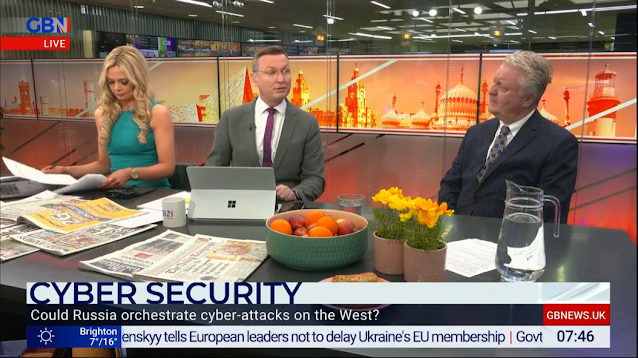Indeed the Holodomor (Ukrainian: Голодомо́р) in which 4 million Ukrainians were purposely starved to death by Stalin between 1932 and 1933 in order to suppress Ukrainian desires for independence, is perhaps one of the reasons why Ukraine has been so vociferous in its defense against Russian invasion.
An Invasion Falling Apart
But as casualties mount, and in particular the deaths of a large number of Russian General Officers, Putin’s hold over the military and therefore political power, looks to be increasingly tenuous. Reports in the media of tanks being driven over commanding officers by unhappy starving soldiers who were misled and lied to by their leadership, poorly trained and led troops shooting unarmed civilians indiscriminately, and a growing realization by Russian troops that they are pawns in an illegitimate conflict with neighbors most of whom speak their own language, is drawing into question the abilities of the Russian military and its leadership.As the Russian body bag count continues to rise and a growing number of funerals are announced back home in Russia of all kinds of senior military officers, so the public will increasingly be aware of the costs of Putin’s folly. The closure of most foreign stores, the inability to fly anywhere as planes are grounded, and a Ruble which has structurally lost 40% of its value since February will be sure to reinforce concerns that Putin is engaged in a conflict much bigger than he has led on.
Putin also has access to the considerable forces of Russian organized cybercrime in return for historically turning a blind eye to their lucrative criminal activities. Indeed, some investigators have concluded an even tighter more collaborative relationship between the Russian President and mob bosses. Putin in other words, has many options open to him for direct and indirect cyber-attacks, though few would believe any claims in current times that Russian organized crime totally operates outside of the influence of Putin and the Kremlin.
Russia and Cyberwarfare
The west has in fact been in an ongoing cyberwar with Russia since the turn of the millennium when Russian gangs realized that they could operate their craft of cyber theft and extortion with total impunity from within the bounds of the Russian Federation. Putin and the almost ineffective forces of Russian law enforcement simply turned a blind eye to the gangs and their activities. Perhaps the reported back-handers to police officers helped. Perhaps the sheer power of these gangs was enough to intimidate law enforcement officers. Either way, the illicit foreign exchange inflows of untraceable cryptocurrency continues to boost the struggling Russian economy.Is Putin likely to respond to increasing western military support of Ukraine?
So far at least, Putin appears to have held back his arsenal of cyber weapons. Supposition is that Putin is concerned that any massive cyber-attack against the west would be sure to result in a powerful response from the west against Russian critical infrastructure including the power grid. It would then be almost impossible for Putin to continue to dupe the Russian people with propaganda stories of an almost insignificant special military operation to rid Ukraine of Nazis. The cat would be out of the bag regardless of whether conscript bodies are returned to their mothers or not, and Putin would be facing enemies from within as well as abroad. It was the unpopularity of the wars in Georgia and Chechnya back home that forced a Russian withdrawal, and the unpopularity of the war in Afghanistan that eventually bankrupted and lead to the collapse of the Soviet Union before it.Indeed, this is perhaps what Putin fears most – a popular uprising against his rule by the very lumpenproletariat he claims to represent. So far however, the Kremlin propaganda machine still appears to be working well and Putin can claim wide-scale popular support at home from the babushkas that believe everything they are told by the state media outlets.
The NSA is not alone however, other Five Eyes nations are thought to have comparable cyber capabilities and would no doubt respond as a group if attacked by Russia. The EU is thought to also have some offensive cyber capabilities, while Israel, less involved in the support of Ukraine against Russian invasion, would likely join in to support the USA and its other allies, despite its current free pass from Russia to attack Hezbollah terrorists operating inside Syria in return for staying neutral. Israel is thought to have some very nasty tricks up its sleeves and based upon its past performance, is less inclined to hold back if ever attacked.
So with cyber armies lined up against each other, perhaps we have reached the modern day equivalent of Mutually Assured Destruction (MAD). This was a principle that ensured the global peace between totalitarian east and liberal democratic west, around the use of nuclear weapons from the late nineteen forties to the present day. Given the impact to all of us of an all-out cyberwar between Russia and the west, let’s hope that MAD will keep the cyber weapons firmly locked up.






























